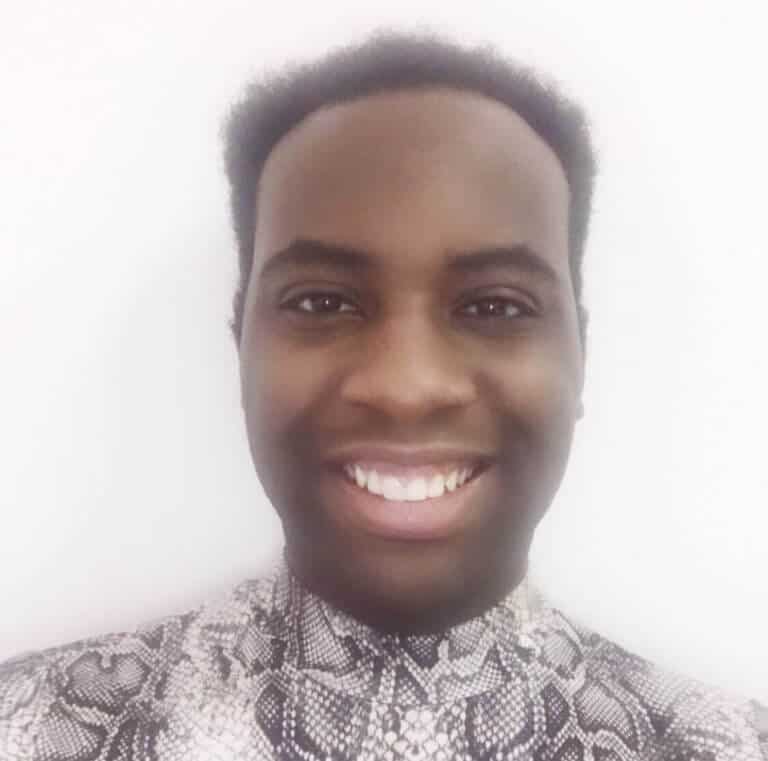There is nothing cuter and more fragile than a newborn baby. As one prepares to bring a child into the world, it is important to understand various aspects of raising a child to ensure them a happy life. Through countless pregnancy books, and advice blogs, the question still remains a prominent entity in the world of baby development. Does music actually make babies smart?
Like a mother’s milk, music can be seen as just as important. It is through music that allows babies and young children to expand their imagination. Music allows the brain to develop in a creative way, and entice societies energy to create something marvellous for themselves.
Music has the capability of not only bringing people together but also allowing people to grow with a constantly transforming mind. There is this age-old debate on whether or not music shows positive or crucial benefits to infant’s growth process.
Through delicate research and studies, scientists have presented positive feedback with the correlation of music and babies. However, there is never a more stressful feeling than making decisions for another human being.
The need for an accurate understanding of the subject is apparent. Is music a vital part of human growth? To my surprise, new-found research has debunked the ‘Mozart Effect’. The ‘Mozart Effect’ is the strong claim that babies who listen to classical music end up with smarter and more efficiently higher IQs.
Sorry Mozart!
Parents around the world continue to tackle the topic of music and baby development. Music has indeed proven to lift their spirits, calm them down for a peaceful slumber and to even help them learn important words or phrases. However, music can actually change the way a child’s brain grows.

We have seen it upon babies’ adaptable faces everywhere. Through the cuddly swaying and squirming and dancing to music they enjoy, babies have made it known for their love of instrumentation from banging pots and pans to smiling to songs such as Happy Birthday and the ABCs. But, does listening to music during pregnancy affect childbirth?
Experts continue to study whether the playing of music while pregnant is effective through their cognitive growth. According to WhatToExpect.com a foetuses hearing develops by the end of the second trimester. So, any musical efforts before may not show an important impact. Many parents believe that the compulsory surround the over listening of classical music such as Mozart can create future over controlling parenting.
Therefore, playing music for developing babies may not guarantee straight As or for your child to be the next President of the United States. Music for this purpose can be seen as a bonding method between mother and child.
Laying down after a long, hectic day, listening to Bach or Mozart, rubbing your pregnant stomach, can create a sense of relaxation but more importantly love. As they continue to grow, the power of song all does strong development efforts. Melodic songs such as Wheels on the Bus can expose them to a wide selection of new words.
Music for Growing Babies
The first five years of life are crucial. During this time, the brain is forming strong pathways that later increase language skills. Neuro-plasticity is the ability to form synaptic connections. Through music, areas of the brain that promotes processing sound, movement, attention and sensation.
Music may also positively affect synaptic connections between brain cells. So, what kind of music is actually good for babies?
With the development of language strongly building around the age of six months. Although scientists have studied the usage of music and babies, main positive effects begin to show after child birth. By the age of seven months, babies can vaguely detect beats in music. The nine-month period shows babies notable interpretation of recognising differences in timing.

Additional music efforts suggest that music can aid in reducing stress at this part of development. The most positive effects from contributing to music making has shown to improve neuro-plasticity. Dancing to simple baby tunes such as Jack and Jill and Old MacDonald not only creates a happy atmosphere but also helps toddlers and babies with coordination, motor skills and balance. Music classes have also shown to be great environment for babies and children to develop fundamental growth skills.
Further in growing (10-12 months) young children begin enjoying the musical sounds of their parents! If you enjoy the smooth sounds of Lo Fi, while cooking dinner or while enjoying an evening in a lazy atmosphere, odds are your baby is enjoying it just as much as you are! Researchers suggest that changing up the musical genre periodically can aid processing various sounds and rhythms. But with music listening comes caution.
Although music can be amazing for babies, high volumes are definitely not amazing. Infant ears are very sensitive due to the small fragile ear canals. Hearing loss is a serious matter, and babies are more prone to it if taken not efficiently.
Quick tip: If you are ever in a loud concert with your child, earmuff is key for reducing and prevention hearing damage.
Developing Through Music
So, it’s safe to say that with proper usage music can show positive outcomes for babies and young children around the world. My parents raised me around music..
Music allowed me to learn different languages, enhance my comprehension skills and gave me a critical understanding of the world around me. Music has increased developments efforts that I never recognised in past years.
Because I was exposed to abundant of different artists and musicians, I was able to gain crucial and obtainable social skills that stayed with me until now. Although, I do not have children of my own currently, I would like to hop I will someday. Once they arrive in my life, I hope to give them a musical upbringing similar to my parents. Music is to be shared, and music is to be loved. More importantly, music helps us develop.
Photos: Shutterstock / Photomontage: Martina Advaney
Another musical interlude? Try this article:
Support us!
All your donations will be used to pay the magazine’s journalists and to support the ongoing costs of maintaining the site.
Share this post
Interested in co-operating with us?
We are open to co-operation from writers and businesses alike. You can reach us on our email at cooperations@youthtimemag.com/magazine@youthtimemag.com and we will get back to you as quick as we can.










